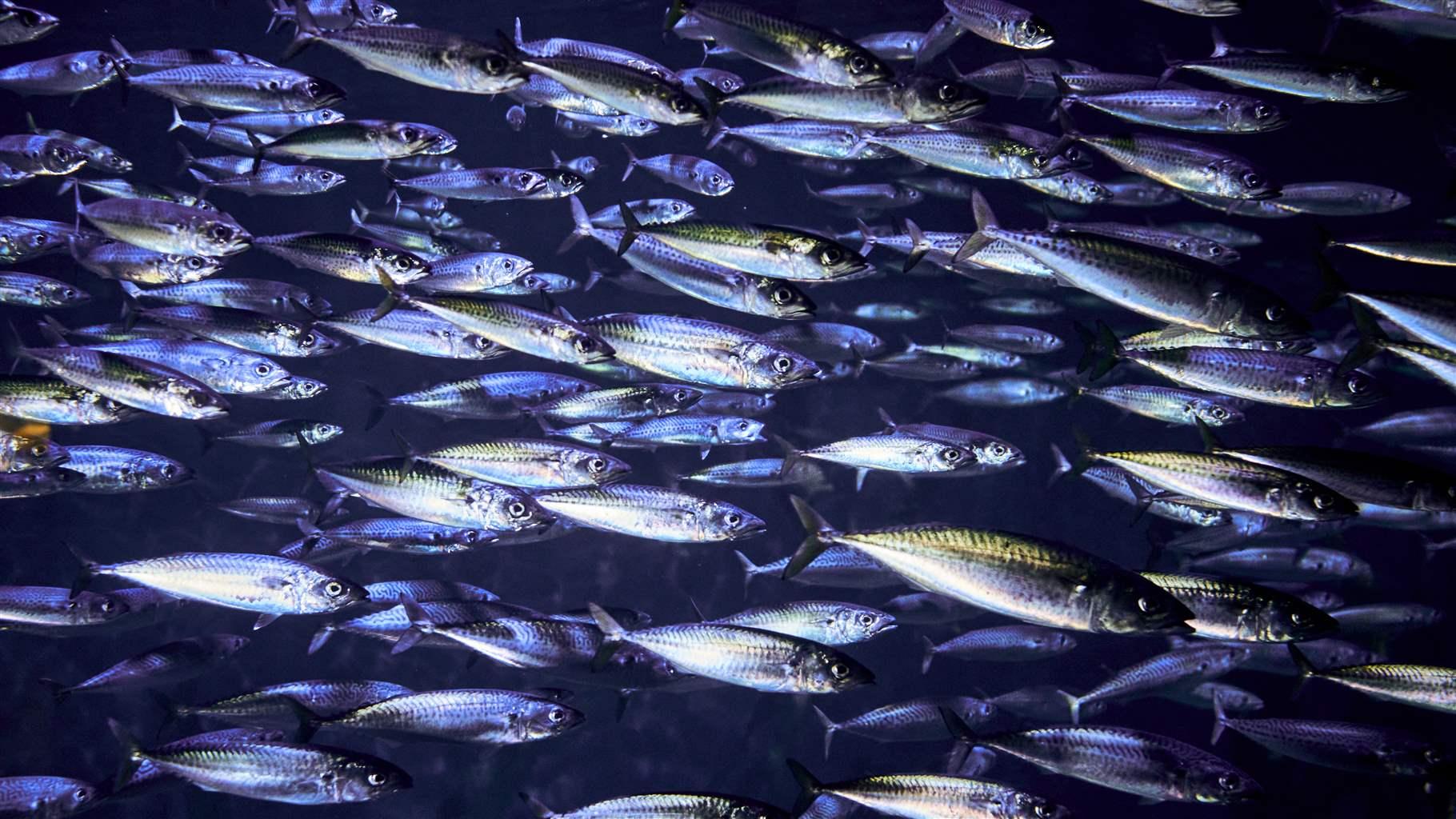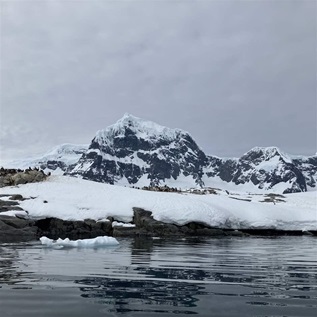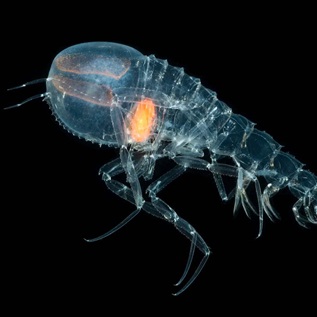These 5 Rules Would Strengthen WTO Deal to End Harmful Fisheries Subsides
To curtail overfishing, countries must address exemptions, fuel payments, and more

After adopting a landmark agreement in June 2022 to curtail harmful fisheries subsidies, the World Trade Organization (WTO) now must finish the job by ensuring that the deal is ratified and completing the negotiations on key unresolved issues not addressed in the 2022 agreement.
The agreement itself is historic: Harmful subsidies, which governments pay to commercial fishing operators to keep those businesses profitable, drive overfishing and illegal, unreported and unregulated fishing around the world. The payments do so by encouraging large-scale fishing when basic ocean and market conditions—including low fish populations and the effort required to get to them—would otherwise keep fishing fleets in port.
Ending these subsidies would take a lot of pressure off global fisheries, allowing depleted ones to recover and generally promoting fisheries sustainability. But to enter into force, the agreement must be ratified by two-thirds of the WTO’s 164 members. And, as part of the deal, trade ministers committed to negotiate and recommend new rules on outstanding issues by the next WTO ministerial conference in February 2024.
These additional rules are essential but do not go far enough. The WTO also needs to prohibit all subsidies that encourage unsustainable harvests. These include payments that enable overcapacity—that is, fleets that can take more fish from a stock than it can replenish through reproduction. WTO refers to these payments collectively as “subsidies contributing to overcapacity and overfishing.”
Here are five components that the new WTO rules must include to protect ocean health, benefit coastal communities, and address global inequities caused by the use of harmful fisheries subsidies.
- Strong prohibitions against subsidizing overcapacity and overfishing The United Nations’ Sustainable Development Goals (SDGs) mandated that the WTO end certain types of destructive subsidies to help conserve and sustainably use ocean and marine resources (SDG 14, Target 6). To fully deliver on this mandate, the new rules must prohibit subsidies that contribute to overfishing and overcapacity. The prohibition should be simple and direct and could include a list of types of subsidies that lead to overcapacity and overfishing, including subsidies for fuel, equipment, construction of vessels, and market price of fish caught.
-
Limited—or no—exemptions … WTO members are negotiating whether countries would have any flexibility to comply with the above prohibition. One such proposed flexibility is that countries could be allowed to subsidize certain activities if they can show that the subsidies are given only for fish stocks maintained at a biologically sustainable level. But such an exemption could circumvent the intention of the above rule: If the requirements to demonstrate biological sustainability are low, countries could still provide harmful subsidies even when stocks are at very low biomass levels. To earn this flexibility, subsidizing countries must demonstrate that the measures ensure that the stocks are maintained at healthy levels and include strong commitments—by large subsidizers in particular—to protect fish stocks.
-
… And no exemptions for distant-water fleets The new rules must also end subsidies to distant-water fishing fleets that fish in other countries’ exclusive economic zones. This new rule must not allow any exemptions or flexibilities. The majority of the governments that engage in the most subsidy-driven distant-water fishing are also among those that provide more than two-thirds of the world’s harmful fisheries subsidies. Further, developing nations are often the target of this type of activity. These small nations are then left to compete against well-funded foreign fleets that are backed by harmful subsidies, a situation that jeopardizes livelihoods and food security in local fishing communities.
-
Flexibilities for developing countries must not undermine sustainability Flexibilities given to developing countries are known in the negotiations as “special and differential treatment.” Any special rights given to developing countries to help them implement the WTO agreement should not undermine sustainability objectives. If flexibility is warranted, it must be targeted and limited, addressing the specific concerns of some developing countries, such as capacity constraints or the needs of subsistence and artisanal fishers. And instead of asking for permanent exceptions, developing countries should ask for assistance and flexibilities only for finite transition periods.
-
No fuel subsidies Fuel subsidies are among the most harmful forms of capacity-enhancing subsidies and make up the bulk of those that governments provide. Therefore they must be prohibited in all cases. Current WTO rules on subsidies apply only to those considered “specific”—subsidies that are directed only to an enterprise or industry (in this case the fishing industry) and thus distort an economy’s allocation. However, the new rules must also prohibit widely available “non-specific” fuel subsidies—for example, subsidies that all sectors of the economy can easily access, such as payments that go towards making all fuel cheaper but are not primarily directed towards fishing vessels. All these subsidies are a major driver of overfishing and contribute to increased greenhouse gas emissions, which in turn further degrades fishery health. Cutting funding for all types of fuel subsidies could lead to climate benefits.
With these new rules, WTO members have an opportunity once again to demonstrate their commitment to protecting our ocean by ensuring that the 2022 Agreement on Fisheries Subsidies delivers lasting sustainability. Only by setting out ambitious, stringent and comprehensive new rules can the WTO address some of the most harmful effects of fisheries subsidies.
Megan Jungwiwattanaporn and Ernesto Fernández Monge work on cross-campaign efforts within The Pew Charitable Trusts’ conservation work.











